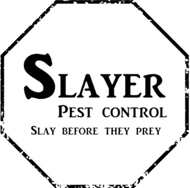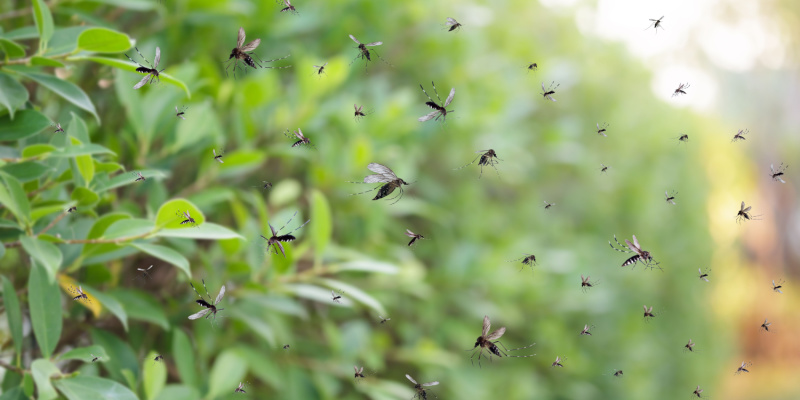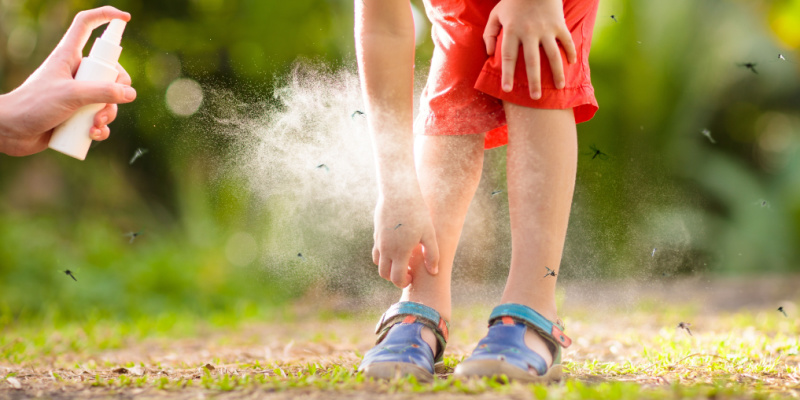Discovering the cause behind the influx of mosquitoes in your yard is the first step toward reclaiming your outdoor space from these persistent pests. Mosquitoes can transform even the most serene backyard into a place of discomfort and potential health risks. Here’s a detailed look into why mosquitoes might be favoring your yard and how you can turn the tide against them.
Ideal Breeding Conditions
Mosquitoes require water to breed, with females laying their eggs in stagnant or slow-moving water. Even a small amount of water can serve as a potential breeding site. Common breeding grounds in residential yards include:
- Natural Water Bodies: Ponds, marshes, and streams can offer ideal breeding sites for mosquitoes.
- Artificial Containers: Buckets, plant saucers, bird baths, and even clogged gutters can accumulate water after rain, providing perfect spots for mosquitoes to lay their eggs.
- Poorly Drained Areas: Areas in your yard that do not drain well can create puddles that serve as temporary breeding sites.
Attractive Resting Spots
Mosquitoes seek shelter from the midday heat and predators in dense vegetation. Tall grass, bushes, and trees can provide mosquitoes with the protection they need during the day before they become active at dusk.
Warmth and Humidity
Mosquito activity increases with temperature, and they are most active when the weather is warm and humid. Your yard might become more attractive to mosquitoes during these conditions, especially if it offers ample breeding sites and resting areas.
Carbon Dioxide and Scent Attractants
Humans and pets emit carbon dioxide and other attractants, such as body heat and certain chemicals in sweat, that can draw mosquitoes to an area. If your yard is a popular place for family and pets to gather, it may inadvertently become more appealing to mosquitoes.
Solutions to Combat Mosquito Takeover
Understanding the reasons behind the mosquito invasion allows you to implement targeted strategies to mitigate the issue:
Eliminate Standing Water:
- Regularly empty and clean containers that hold water.
- Improve landscaping to ensure proper drainage, preventing water from pooling.
- Consider adding mosquito-eating fish to ponds or installing aeration devices to disrupt breeding.
Reduce Resting Areas:
- Keep grass and vegetation trimmed to minimize resting spots for mosquitoes.
- Use landscaping to your advantage by planting mosquito-repellent plants like citronella, lavender, and marigold around your yard.
Implement Physical Barriers:
- Install screens on windows and doors to prevent mosquitoes from entering your home.
- Use netting around patios or dining areas to create mosquito-free zones for outdoor activities.
Use Mosquito Repellents:
- Apply EPA-approved insect repellents when spending time outdoors.
- Consider the use of outdoor mosquito repellent devices or systems for added protection.
Professional Mosquito Control Services
For comprehensive and effective mosquito management, professional pest control services can offer:
- Barrier Spray Treatments: These treatments can significantly reduce adult mosquito populations around your yard and provide lasting protection.
- Larvicidal Treatments: Targeting mosquitoes at the larval stage can prevent future generations from maturing.
- Integrated Pest Management (IPM): A holistic approach that combines physical, biological, and chemical methods tailored to your specific yard environment.
The battle against mosquitoes in your yard is multifaceted, involving the elimination of breeding sites, reduction of attractants, and possibly the intervention of professional pest control services. By understanding why mosquitoes are drawn to your yard and implementing targeted strategies, you can create a less hospitable environment for them and enjoy your outdoor spaces in peace. If you need help with any of these steps – or still have a serious mosquito problem despite your best efforts – reach out to the pros at Slayer Pest Control. We can help you with all or some of your efforts to eliminate mosquitoes from your yard.




